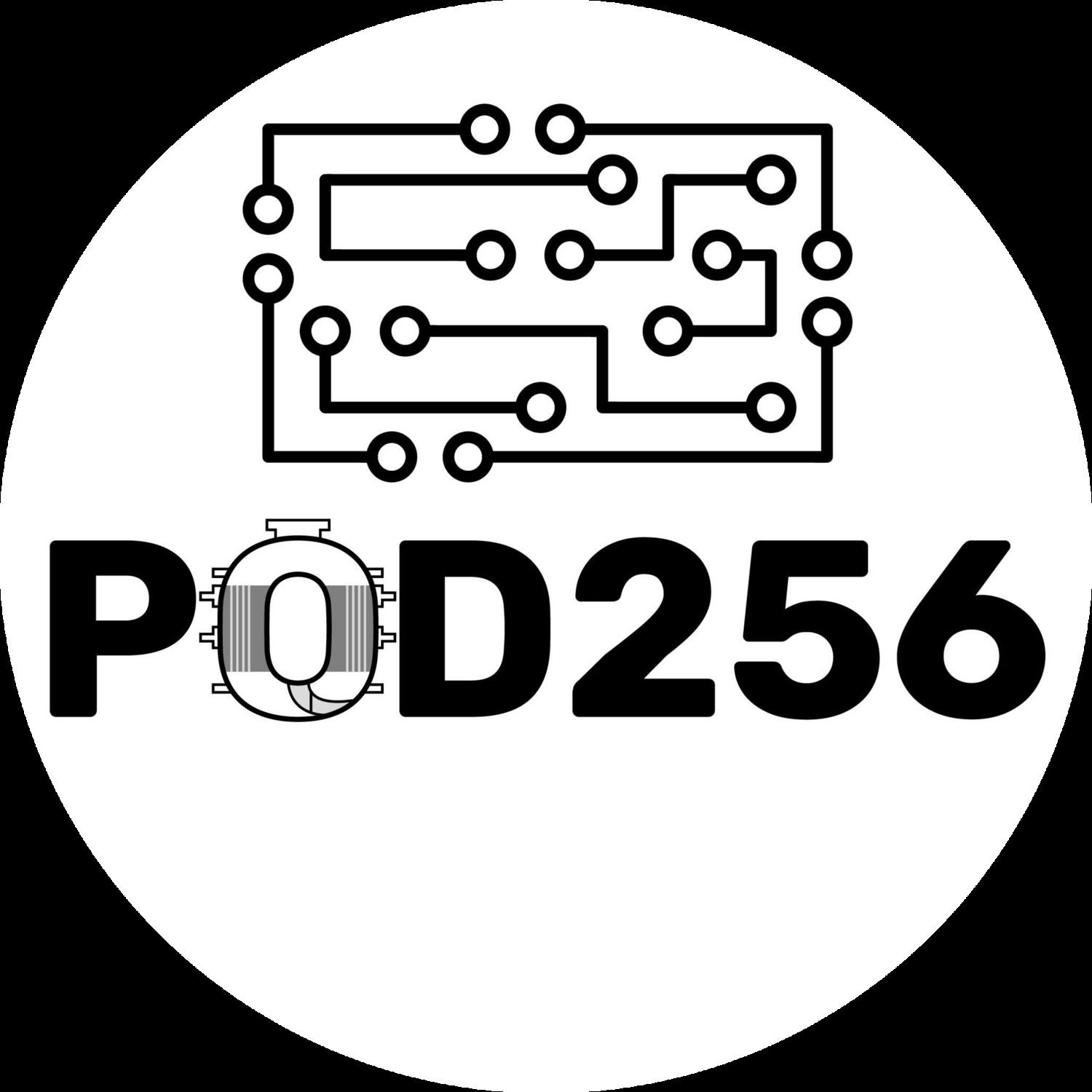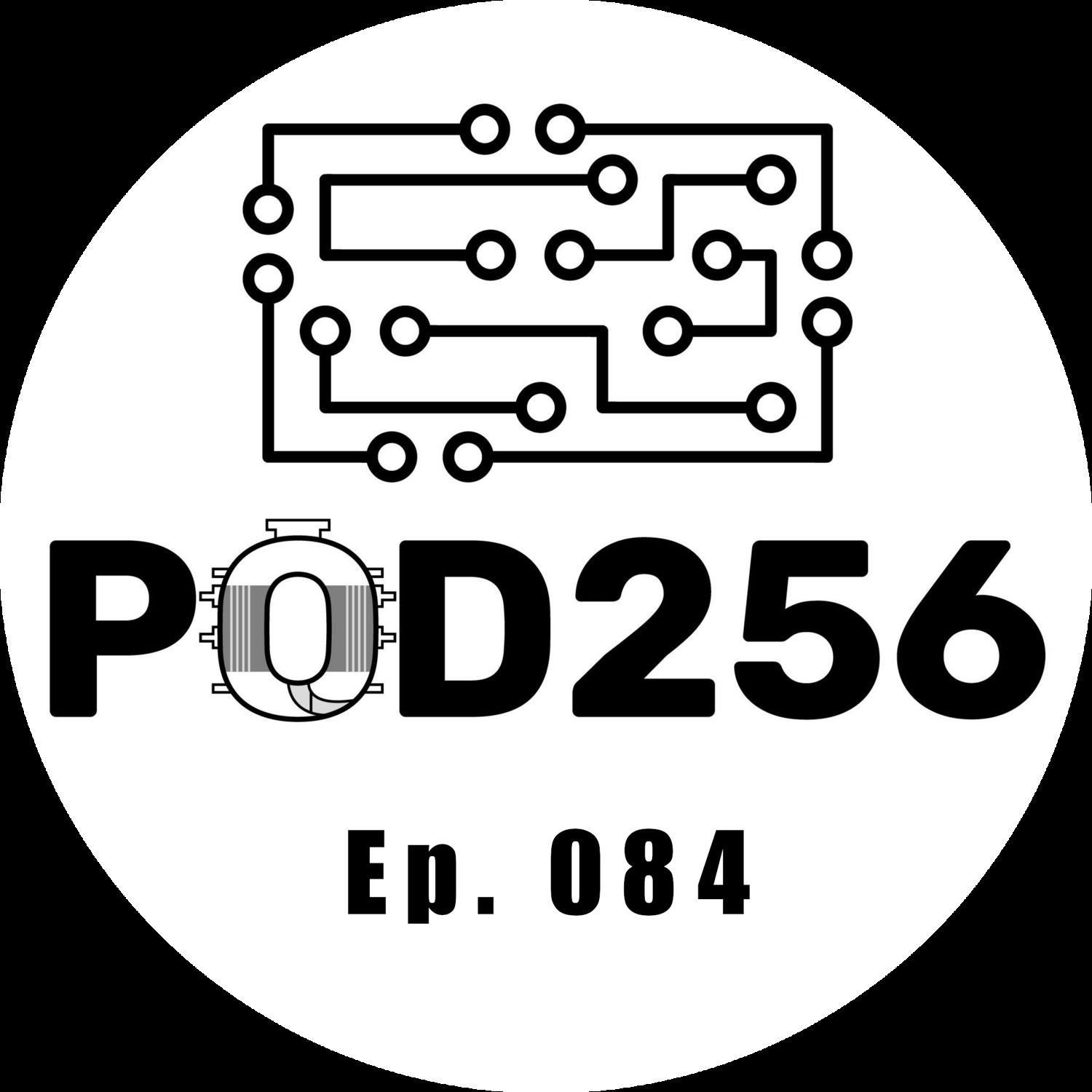In this lively episode recorded live on August 13, 2025 during the first night of the Proto Mining Rig launch event, we gather at an undisclosed location with a group of passionate Bitcoin enthusiasts, including Steven Wilson of Wilson Mining and Tyler Stevens. The conversation kicks off with the excitement of meeting online friends in person and the challenges of supporting the Bitcoin mining community. We delve into the intricacies of Bitcoin mining, discussing the importance of hands-on skills and the potential of integrating hash rate heating into homes and businesses. The discussion highlights the potential for Bitcoin mining to revolutionize energy use, with the possibility of converting a fraction of the world's heating energy into hash rate, thereby making Bitcoin mining more sustainable and integrated into everyday life.
We also explore the technical side of Bitcoin mining, with insights from Skot9000 on the development of the Ember One and Hydra Pool projects. The conversation touches on the challenges of creating open-source mining solutions and the importance of decentralizing mining operations. The episode wraps up with a look at the future of Bitcoin mining, emphasizing the need for open collaboration and innovation to break down centralization in the industry. The enthusiasm and dedication of the participants highlight the vibrant and evolving nature of the Bitcoin mining community.

POD256 | Bitcoin Mining, Freedom Tech, and Awesome Tangents
A Bitcoin podcast focused on mining, energy, and freedom tech. Recorded weekly at Bitcoin Park in Nashville, TN. Co-hosted by: @econoalchemist, @skot9000, @bitkite and @tylerkstevens
Support POD256 in bitcoin or fiat with ZapriteListen in your favorite app:
Fountain